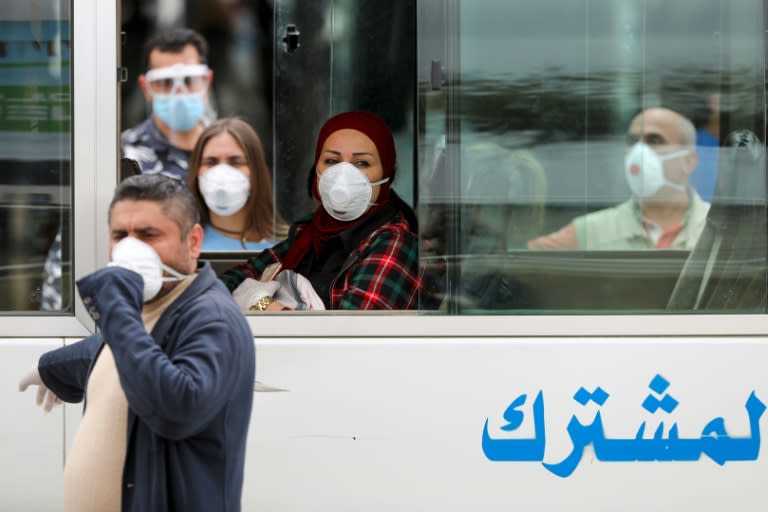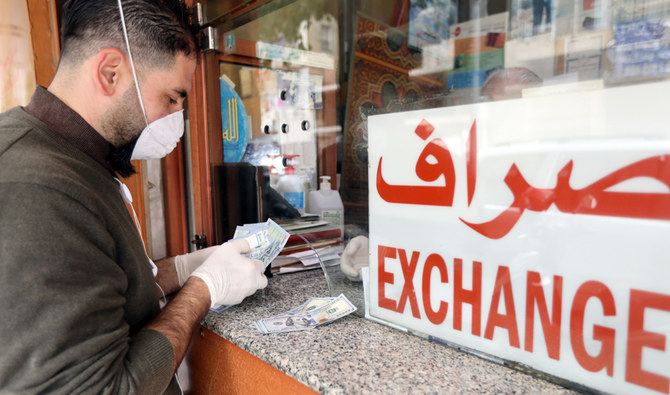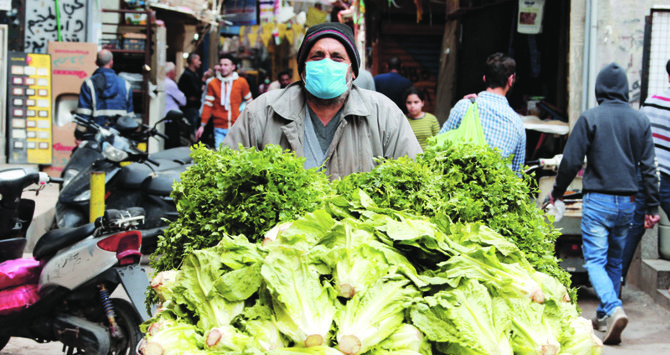![Lebanese President Michel Aoun in Beirut, Lebanon on 24 October 2019 [Presidency of Lebanon/Anadolu Agency]](https://i0.wp.com/www.middleeastmonitor.com/wp-content/uploads/2019/11/20191024_2_38972680_48822485.jpg?resize=1200%2C800&quality=85&strip=all&ssl=1)
by middleeastmonitor.com — Lebanese President Michel Aoun announced today that his country has entered an unprecedented crisis characterised by an economic recession, a severe shortage of foreign currencies, high unemployment and poverty rates and inflation. Aoun’s remarks came in a speech he delivered before members of the International Support Group for Lebanon (ISGL), during their meeting at the Presidential Palace in east Beirut, in the presence of Prime Minister Hassan Diab. The Lebanese president stated: “For these reasons, and to stop the depletion of reserves, the state decided to suspend the repayment of Eurobonds, and the appointment of two international financial and legal consultants to act as government counsellors.”
The ISGL, which was founded in 2013, announced at its meeting in Paris last year that the international community is willing to assist Lebanon in overcoming the ongoing financial crisis, provided that an effective, credible and capable government is established to fight corruption. “We heavily rely on the $11 billion aid pledge we received at the CEDRE conference in Paris, which will mainly be devoted to investment in infrastructure projects,” Aoun said. He added: “Today we are facing all these crises and repercussions, and we welcome any assistance from the friends of Lebanon. (…) We are working to prepare a comprehensive economic and financial plan to mend the economy’s imbalances.”
/cdn.vox-cdn.com/uploads/chorus_image/image/66613261/1208351538.jpg.0.jpg)



![A decision by Lebanon's central bank could soon make it possible for people with accounts containing $3,000 or less to withdraw their money in Lebanese pounds at the market rate, which currently stands at about 2,800 Lebanese pounds to the United States dollar [File: Mohamed Azakir/ Reuters]](https://www.aljazeera.com/mritems/imagecache/mbdxxlarge/mritems/Images/2020/4/3/2d5e3b018c734d1c86bf59b440e3847d_18.jpg)
![Hezbollah media tour of their anti- coronavirus campaign in Lebanon 31 March 2020 [Sunniva Rose/Twitter]](https://i0.wp.com/www.middleeastmonitor.com/wp-content/uploads/2020/04/Hezbollah-media-tour-of-their-anti-coronavirus-campaign.jpg?resize=1200%2C800&quality=85&strip=all&ssl=1)





